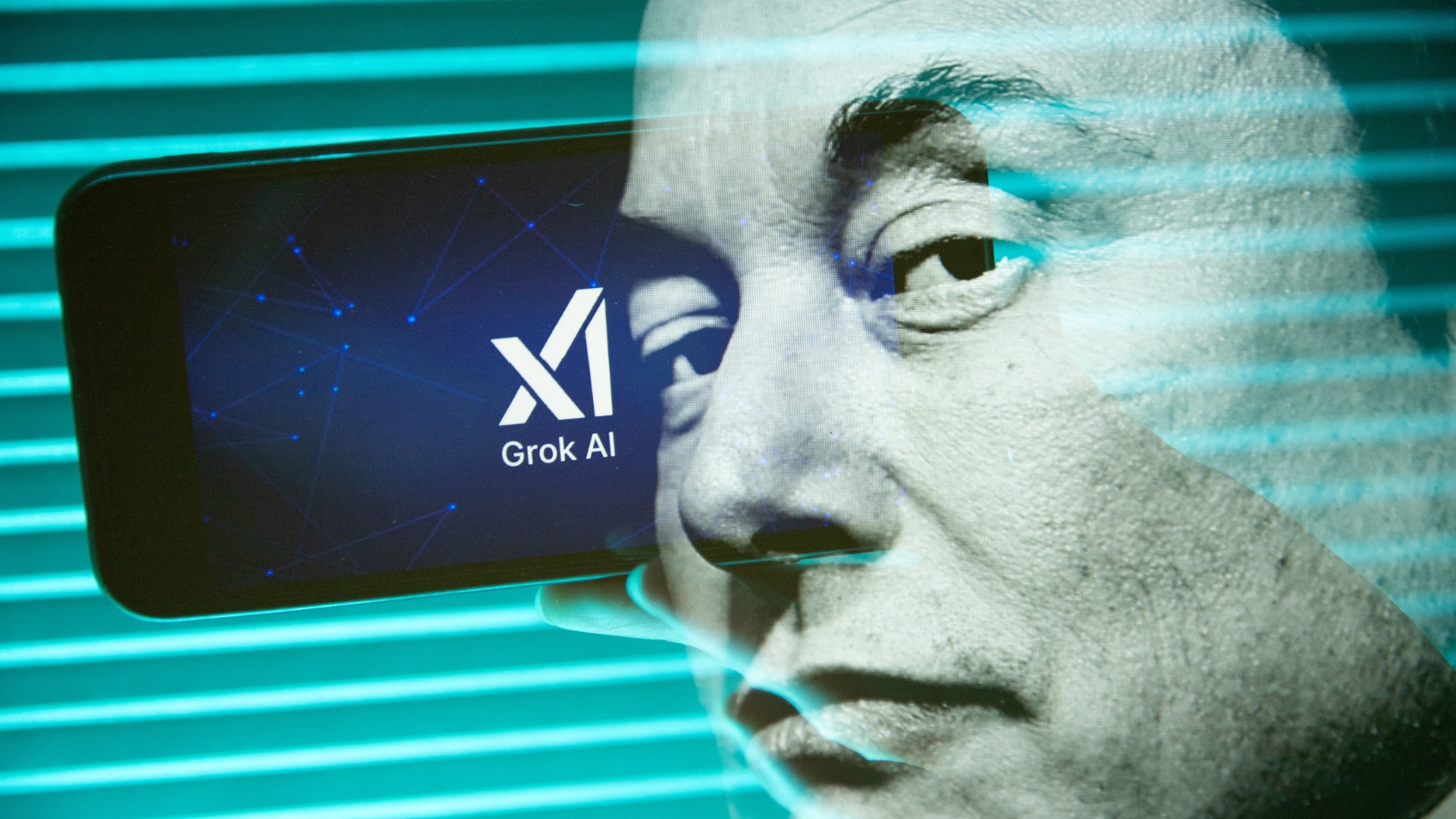Elon Musk's Grok 3 AI coming to Azure proves Satya Nadella's allegiance isn't to OpenAI, but to maximizing Microsoft's profit gains by heeding consumer demands
Microsoft will host xAI's Grok 3 and Grok 3 mini models in its Azure AI Foundry.

All the latest news, reviews, and guides for Windows and Xbox diehards.
You are now subscribed
Your newsletter sign-up was successful
Last week, a detailed report by Bloomberg detailed the complicated nature of Microsoft and OpenAI's multi-billion-dollar partnership, including Microsoft's AI safety net if something "catastrophic" happens to OpenAI.
Microsoft's admission that Copilot is synonymous with ChatGPT but with better security, and that its allegiance isn't to OpenAI, but to availing whatever AI customers want via Azure for maximum profit gains.
During Microsoft's annual Build developer conference, the company announced that xAI's Grok 3 and Grok 3 mini are joining Azure's long list of AI models. “These models will have all the service level agreements (SLAs) Azure customers expect from any Microsoft product,” added Microsoft.
Elon Musk touted the AI chatbot as the most powerful AI service by every metric and the "most fun", too. Its fans seemingly share the same sentiments, often referring to Grok as "the most based and uncensored model of its class yet."
It's worth noting that Elon Musk's Grok AI models will be hosted and billed directly by Microsoft. What's more, the tech giant will now be able to avail the service to its product teams and services via its Azure AI Foundry service.
As you may know, Elon Musk and Sam Altman have a long-standing rivalry from OpenAI's early founding days. The Tesla CEO and billionaire filed two lawsuits against the ChatGPT makers, Greg Brockman and Sam Altman, citing a stark betrayal of its founding mission and alleged involvement in racketeering activities and a fake humanitarian mission.
As such, Microsoft hosting Elon Musk's Grok AI in Azure could likely raise tension and controversy in its partnership with OpenAI.
All the latest news, reviews, and guides for Windows and Xbox diehards.
Interestingly, OpenAI's partnership with Microsoft has seemingly been fraying over the past few months, especially after the ChatGPT maker unveiled its $500 Stargate project, designed to facilitate the construction of data centers across the United States.
The project cost Microsoft its exclusive cloud provider status for OpenAI. Consequently, Microsoft reportedly pulled out of two mega data center deals that would have helped to provide additional training support for ChatGPT.
However, OpenAI CEO Sam Altman indicated that the company is no longer "compute-constrained," suggesting that it is capable of facilitating its sophisticated AI advances.

Kevin Okemwa is a seasoned tech journalist based in Nairobi, Kenya with lots of experience covering the latest trends and developments in the industry at Windows Central. With a passion for innovation and a keen eye for detail, he has written for leading publications such as OnMSFT, MakeUseOf, and Windows Report, providing insightful analysis and breaking news on everything revolving around the Microsoft ecosystem. While AFK and not busy following the ever-emerging trends in tech, you can find him exploring the world or listening to music.
You must confirm your public display name before commenting
Please logout and then login again, you will then be prompted to enter your display name.
